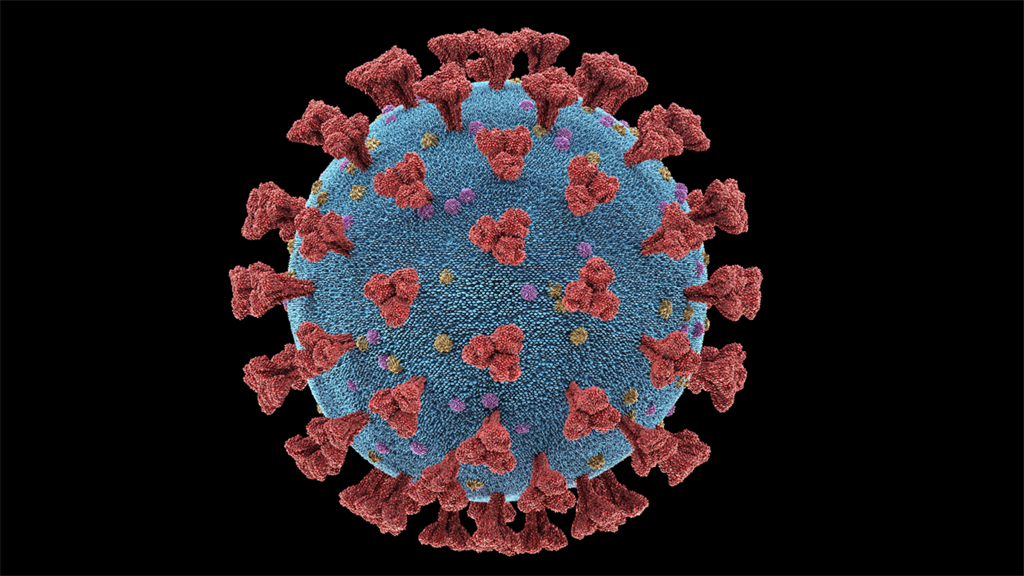

The spread of Covid-19 risks devastating countries across East Africa, where food insecurity could more than double in just three months, the United Nations warned Tuesday.
The UN’s World Food Programme (WFP) estimates that some 20 million people currently do not have secure provisions of food across nine countries in the region: Burundi, Djibouti, Ethiopia, Eritrea, Kenya, Rwanda, Somalia, South Sudan and Uganda.
Compared to other parts of the world, these countries have so far registered few confirmed Covid-19 cases, with numbers still counted in the dozens or hundreds.
However, due to their often weak economies and poor health infrastructure they are considered highly vulnerable to the impacts of the mounting crisis.
“WFP projections are currently that the number of food insecure people in the region is likely to increase to 34 or up to 43 million during the next three months due to the socioeconomic impact of Covid-19,” spokesperson Elisabeth Byrs told journalists in a virtual briefing.
In the worst-case scenario, “food insecurity will have more than doubled,” she stressed, adding that nearly half of the projected 43 million people affected were expected to be acutely food insecure.
She said the WFP urgently needed more than $500 million for just the next three to six months to scale up its operations in the Horn of Africa and wider East Africa.
The pandemic, which to date has killed more than 210 000 people worldwide out of more than three million infected, has created an “unprecedented crisis”, Byrs said.
“It is not just a supply side problem, such as drought or locusts, or a demand side issue, such as a recession. It is both, at the same time and on a global scale,” she said.
